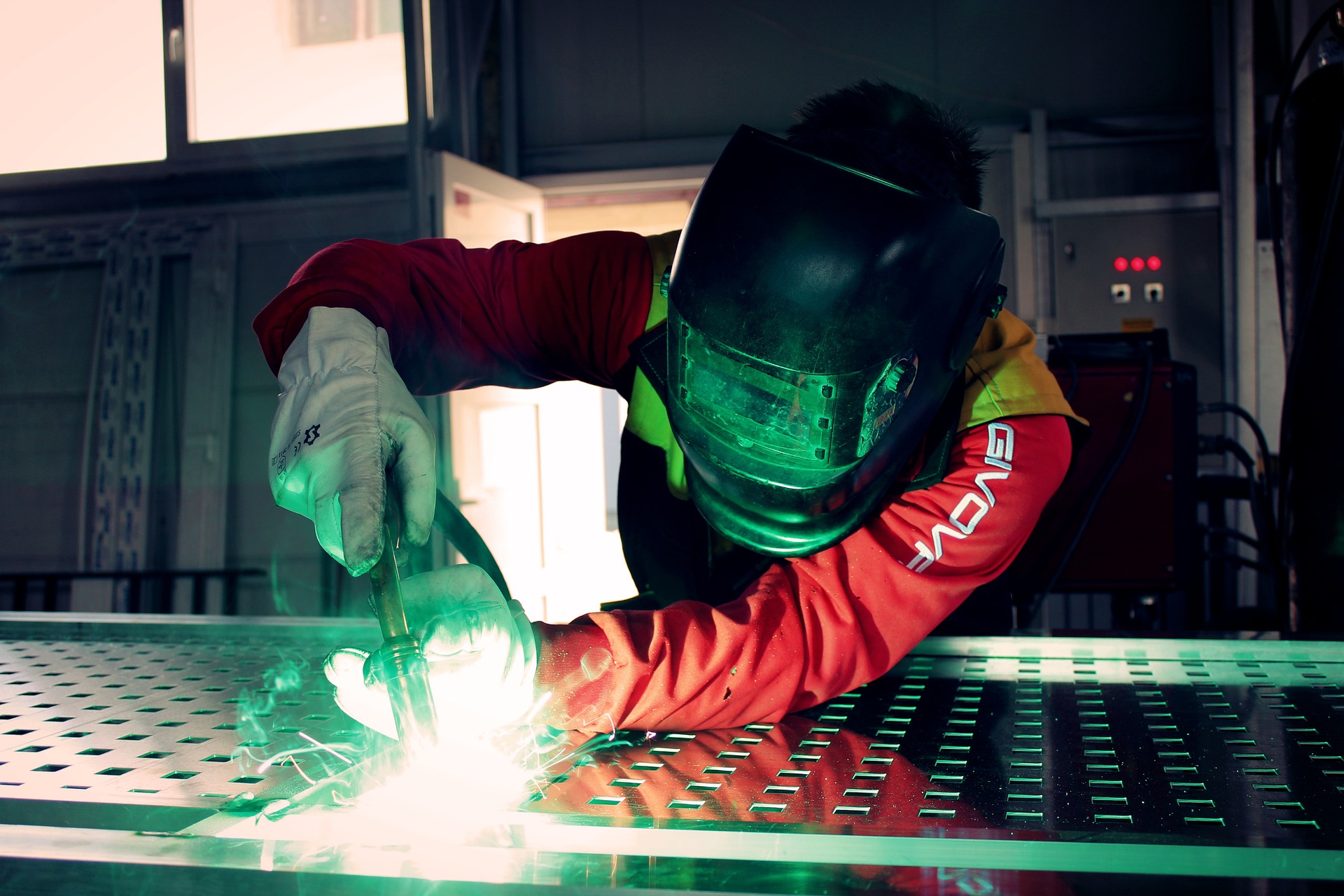Welding Jobs in the UK: strong pay, clear shifts, hands‑on growth
Workshops and sites hire welders who enjoy practical work. With short courses and on-the-job support, you can start quickly, gain hands-on experience, and then move into higher-paid specialties. Includes typical pay, shift details, and usual progression paths.

Short courses to start your welding career
The welding industry offers multiple entry points for newcomers, with short courses providing one of the most accessible routes into the profession. Colleges throughout the UK deliver introductory welding programs ranging from 8-16 weeks, covering fundamental techniques like MIG (Metal Inert Gas), TIG (Tungsten Inert Gas), and stick welding. These courses typically combine classroom theory with substantial practical training, allowing students to develop essential skills quickly.
The Construction Industry Training Board (CITB) and the Engineering Construction Industry Training Board (ECITB) both support accelerated training pathways. Many courses include certification from recognized bodies like City & Guilds or the Welding Institute, providing immediate credibility to employers. For career changers or school leavers, these short programs offer a cost-effective alternative to lengthy apprenticeships, with many participants securing entry-level positions within months of completion.
Shifts and overtime opportunities in welding
The welding sector features clearly structured working patterns that often provide significant earning enhancement opportunities. Standard shifts typically follow predictable patterns—day shifts (approximately 8am-4pm), afternoons (2pm-10pm), or nights (10pm-6am)—with many employers operating rotating shift systems. This predictability allows welders to establish stable routines around their working hours, unlike some trades with irregular scheduling.
Overtime availability represents one of the welding profession’s financial advantages. Major construction projects, manufacturing deadlines, and emergency repairs frequently generate additional hours, typically paid at 1.5-2 times the standard rate. Shutdown maintenance periods in industries like petrochemical, power generation, and manufacturing create intensive but lucrative overtime blocks, sometimes offering 60-84 hour weeks at premium rates. For welders willing to accept shift work, this combination of regular hours and overtime potential significantly enhances earning capacity beyond base salary figures.
Pay by level: welding career compensation
Welding compensation in the UK follows a clearly defined progression structure based on qualification level, experience, and specialization. Entry-level positions for newly qualified welders typically start at £22,000-£28,000 annually, with significant regional variation between London, the Southeast, and other regions. As welders accumulate experience and qualifications, mid-career professionals with 3-5 years of experience commonly earn £30,000-£40,000.
Advanced certification in specialized techniques like coded welding creates substantial pay increases. Certified welders working in high-responsibility sectors such as nuclear, offshore, or pressure vessel fabrication can command £40,000-£60,000 annually. Contract welders working on temporary assignments often receive higher hourly rates of £18-£30 per hour to compensate for employment gaps. The highest earning potential exists in extreme environment welding—underwater, offshore, or hazardous location work—where annual compensation can reach £70,000-£100,000 including allowances and bonuses.
Prices, rates, or cost estimates mentioned in this article are based on the latest available information but may change over time. Independent research is advised before making financial decisions.
Routes to specialisms in the welding industry
The welding profession offers multiple specialization pathways, each providing distinct career trajectories and compensation structures. Pipeline welding represents one specialized route, focusing on critical infrastructure for gas, oil, and water distribution networks. This specialism requires certification in specific techniques and often involves working in challenging outdoor conditions, but commands premium rates due to the high consequences of failure.
Aerospace welding presents another specialized pathway, involving precision work on aluminum, titanium, and exotic alloys. This sector demands exceptional attention to detail and specialized qualifications, but offers excellent workplace conditions and stability. Underwater welding combines diving qualification with specialized welding techniques, creating a physically demanding but financially rewarding career option primarily in offshore energy and marine infrastructure.
Additional specialisms include automotive welding (particularly in motorsport and high-end vehicle manufacturing), artistic and architectural metalwork, and nuclear facility maintenance. Each specialization typically requires additional certification beyond basic welding qualifications, but this investment in skills development directly correlates with increased earning potential and employment stability.
Career development beyond the welding torch
Welding provides not only immediate employment but also foundation skills for broader career development. Many welders progress into inspection roles, where technical knowledge combines with regulatory understanding to verify weld quality and compliance. This transition typically occurs after 8-10 years of practical experience, offering improved working conditions and compensation around £40,000-£55,000 annually.
Supervisory positions represent another progression route, with experienced welders overseeing teams and projects. These roles require additional skills in people management and planning but build directly upon welding expertise. For those with educational aptitude, welding instruction at colleges and training centers provides a teaching-focused career alternative with regular hours and competitive compensation.
The most ambitious career trajectory leads to welding engineering, combining practical experience with formal engineering education. While requiring significant investment in education, often through part-time study alongside work, this pathway can lead to senior technical positions with salaries of £50,000-£70,000 and considerable autonomy. This diversity of progression options ensures that welding offers both immediate employment and long-term career development potential.




